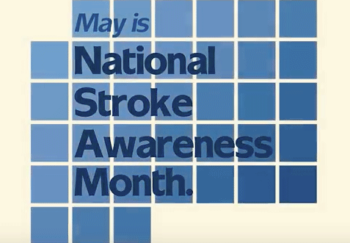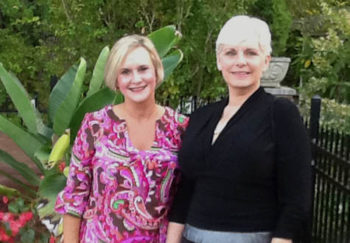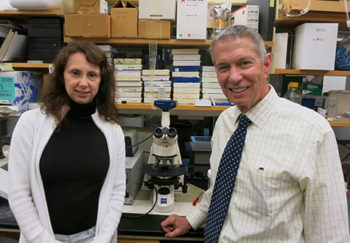
Read how actress Amy Schumer's career was shaped by her father's multiple sclerosis. Plus, how a routine colonoscopy saved one woman's life and more stories from the latest issue of Vim & Vigor.
 It’s not like having a baby, joint replacement surgery, or chemo. You can’t plan for it. When a stroke strikes, your survival depends on others. Your ability to recover may rely on your health and other factors, only some of which you can control.
It’s not like having a baby, joint replacement surgery, or chemo. You can’t plan for it. When a stroke strikes, your survival depends on others. Your ability to recover may rely on your health and other factors, only some of which you can control.
That’s why you should learn about stroke now. Think you’re too young to be at risk? Or maybe you believe you’re too healthy to worry?
It’s true that most strokes affect people with certain risk factors, including older age. But they also happen to:
A stroke itself may come and go quickly. But the impacts can be long-lasting. You may totally heal from a stroke. But death and disability can also happen.
You might know that some medical conditions can lead to stroke. But did you know that risk factors can include:
Even if you make healthy choices, the causes of stroke can stay hidden. So you’ll want to decide now where you want to go for care.
Choosing UVA Health, you’ll be trusting:
Learn more about how to prevent stroke and what to do if it happens.

Read how actress Amy Schumer's career was shaped by her father's multiple sclerosis. Plus, how a routine colonoscopy saved one woman's life and more stories from the latest issue of Vim & Vigor.

May is National Stroke Awareness Month. Take the online stroke assessment to learn if you are at risk for stroke and discuss the results with your doctor.

Pam Barile suffered a massive stroke due to a brain aneurysm. The outlook didn't look good but with the support of her family, friends and medical team at UVA, Pam was able to beat the odds and make an inspiring recovery.

The UVA Medical Center Stroke Team gave tPA, a clot-dissolving drug, just 19 minutes after Larry arrived at UVA through the Pegasus medevac helicopter. Watch his story.

Sisters Pam and Rhonda couldn't have been more different, and they didn't get along. But everything changed after a blood vessel ruptured in Pam's brain.

The researchers who stuck their smartphones into the hospital’s tube system, which sends samples to the medical lab, didn’t have grants or a complex strategy for their project. They were trying to solve a problem.

This month, our researchers unveiled discoveries about conditions that affect millions in the U.S.: stroke, kidney disease and diabetes (a major cause of kidney disease). What does this mean for you? Better tools for diagnosis and treatment.

A pacemaker is a surgically implanted device that sends out an electric pulse, prompting your heart to beat. Pacemakers are used in people who have abnormally slow heart rates.

February's UVA research news was all about prevention, from food poisoning to strokes.

Maternity Monday wrapped up this July with information on what to expect after bringing your newborn home from the hospital. [caption id="attachment_10438" align="alignright" width="350"] We recently covered pregnancy and babies, from conception to infant care. Read the Maternity Monday series.[/caption] We also continued our podcasts: Learn the warning signs of…
Get stories & health tips every week